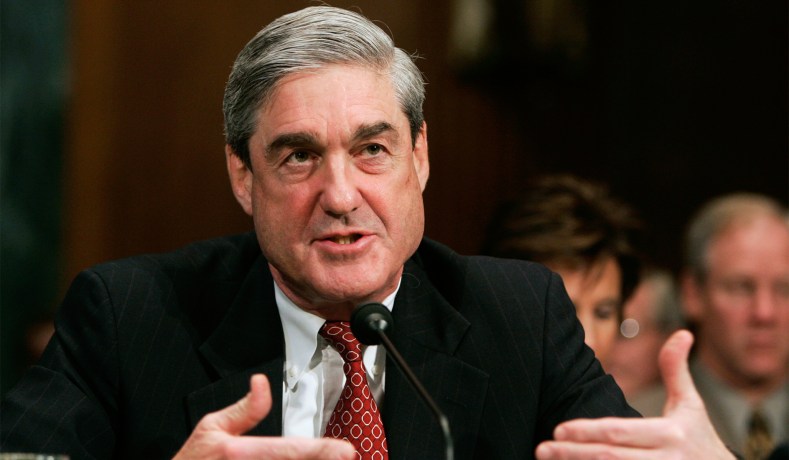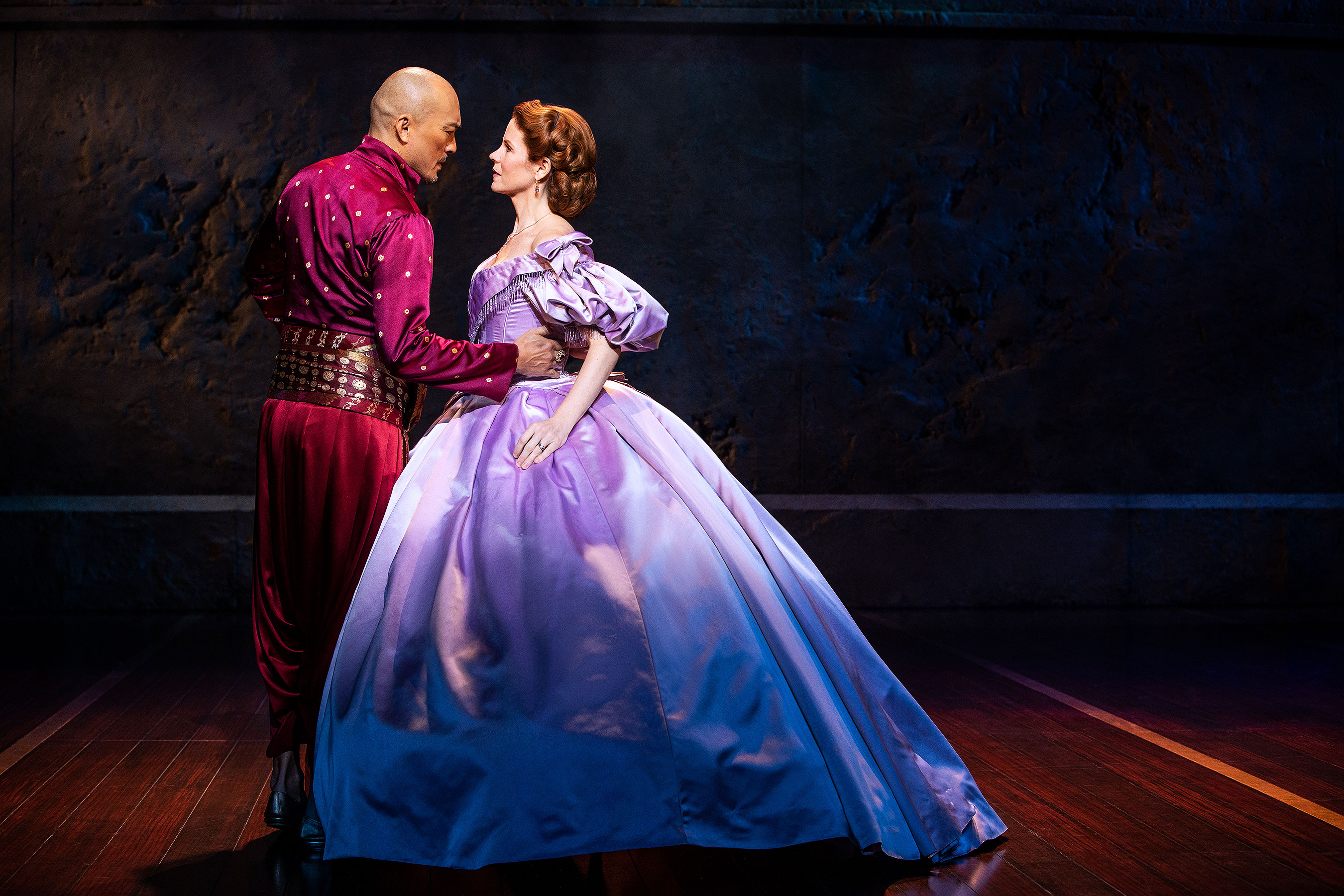

A protection bill would really represent a return to the constitutional anomaly of the old independent-counsel statute.
Mitch McConnell just did our constitutional order an enormous favor by burying the so-called Robert Mueller protection bill, hopefully never to rise again.
There’s been much harumphing about how Republicans are in the tank for President Trump by not getting on board the bipartisan bill, but it is a singularly misbegotten piece of legislation.
Plan A, i.e., passing the thing, would have been hard enough. But its supporters apparently didn’t think through a need for a Plan B or C: Trump would have vetoed the bill if it passed Congress, and if it somehow passed Congress with a veto-proof majority, the Supreme Court likely would have struck it down.
The push for the bill again shows how, to this point, Trump’s main threat to our constitutional system has been catalyzing a hysterical opposition. That opposition is willing to throw overboard legal and constitutional niceties to thwart Trump.
Hence, much of the #resistance judging regarding Trump measures. And hence the astonishing spectacle of U.S. senators, sworn to uphold the Constitution, advancing a blatantly unconstitutional bill.
The president is the chief executive, and like it or not, Trump is president. “I conceive that if any power whatsoever is in its nature executive,” James Madison declared, “it is the power of appointing, overseeing and controlling those who execute the laws.”
If the president can fire the attorney general (the ill-used Jeff Sessions attests that he can), he certainly can fire Mueller. The attorney general is a much more important position than the special counsel.
In compelling Senate testimony, Yale law professor Akhil Amar explained the constitutional problems with the Mueller protection bill. One is that to be constitutional, the special counsel must be an inferior officer. Otherwise, he has to be confirmed by the Senate, which Mueller wasn’t. And if he’s an inferior officer, he can be fired.
Mueller can’t be an inferior officer in some respects and a hypersuperior officer in others, enjoying protections from his ouster that even Cabinet officials don’t enjoy.
The Mueller protection bill would really represent a return to the constitutional anomaly of the old independent-counsel statute. There is a Supreme Court decision that hasn’t been directly overruled, Morrison v. Olson, upholding that law. As Amar notes, though, the decision’s credibility is in tatters. Commentators on both the left and right believe that Antonin Scalia’s lonely dissent in that case was prescient and sound.
The problem with the protection bill in terms of constitutional architecture also gets at the problem with the special counsel.
Yes, there’s lots of criminal action in the Mueller probe — the Paul Manafort trial, the various plea deals — but current Justice Department guidance says that the president himself can’t be indicted. That means that all Mueller can do regarding the president directly is produce a report that may well instigate congressional action, up to and including an impeachment probe. This preliminary investigative work should be the work of Congress alone, without the help of someone nominally working for the president he’s targeting.
Indeed, if you want investigations of the president that the president can’t stop or have influence over, you have to run them out of Congress. With the Democratic takeover of the House, such congressional probes are on their way.
This is a normal working of our system that doesn’t require any extra constitutional exertions. Insofar as Mueller has been “protected” to this point, it has been via just this sort of basic political accountability.
Trump has huffed and puffed about Mueller, yet cooperated — in some instances, quite fulsomely — with his investigation. That could change at any time. But firing Mueller would lead to dire political consequences and now fail to achieve its end of truly shutting him down. If cashiered, Mueller would presumably show up in January as the first witness before Rep. Jerry Nadler’s Judiciary Committee and spill all he knows.
That’s probably all the protection Mueller needs, and certainly all the protection he can legitimately be afforded.
© 2018 by King Features Syndicate



